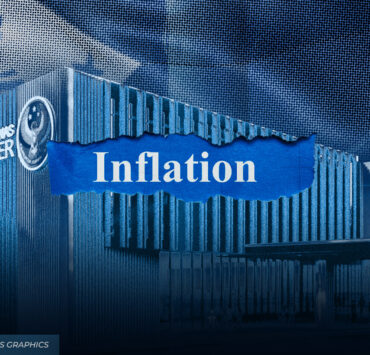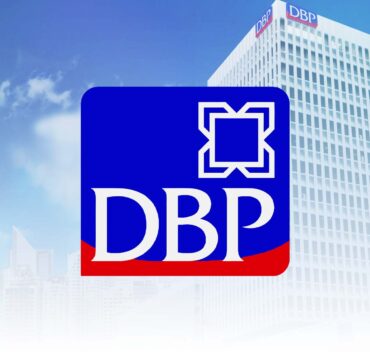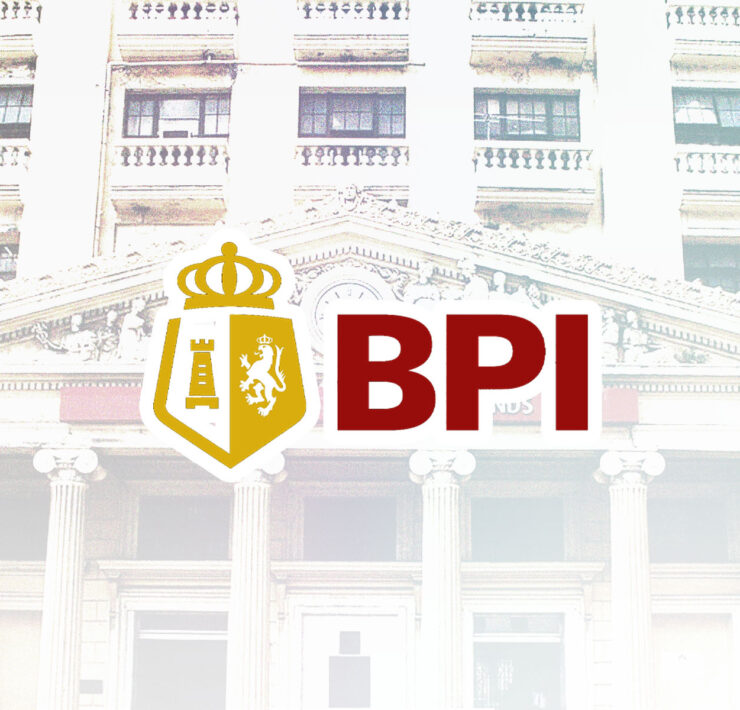SEC warns vs fund recovery scams

Victims of financial fraud will have to be extra careful when transacting with people or organizations claiming to offer help, as they can potentially be scammed the second time around, the Securities and Exchange Commission (SEC) warned.
The corporate watchdog on Friday said these “recovery” and “advance-fee recovery” schemes had been proliferating on social media platforms.
These accounts are not authorized by the SEC to provide fund recovery services, the regulator clarified.
In an advisory, the SEC said perpetrators typically offered to retrieve funds previously lost to scams or other fraudulent schemes in exchange for advance fees or personal information.
Some will claim to be affiliated with government agencies or law enforcement authorities without any lawful basis. They will also likely fabricate testimonials, documents or credentials to appear credible and legitimate, the commission pointed out.
At the same time, these individuals or entities may employ “high-pressure tactics” to force victims to make immediate payments or disclose sensitive personal or financial information.
“The commission warns the public not to transact with, remit any sum to or disclose personal information to such individuals or groups,” the SEC said in its advisory.
“Victims of scams are strongly urged to lodge their complaints directly with the proper authorities for appropriate action,” it added.
This comes as the regulator intensifies its crackdown on individuals and entities potentially defrauding the public, including unauthorized online lending platforms (OLPs).
Separately, the SEC Financing and Lending Companies Department ordered Microdot Lending Corp. to stop its operations, saying that the company had supposedly been operating two undisclosed OLPs, Credit Peso and MF Cash.
Under SEC Memorandum Circular No. 19, Series of 2019, all financing and lending companies are required to disclose the OLPs they operate.
The SEC has also been receiving complaints about Microdot for alleged unfair debt collection practices, violating the Financial Products and Services Consumer Protection Act of 2022.





















